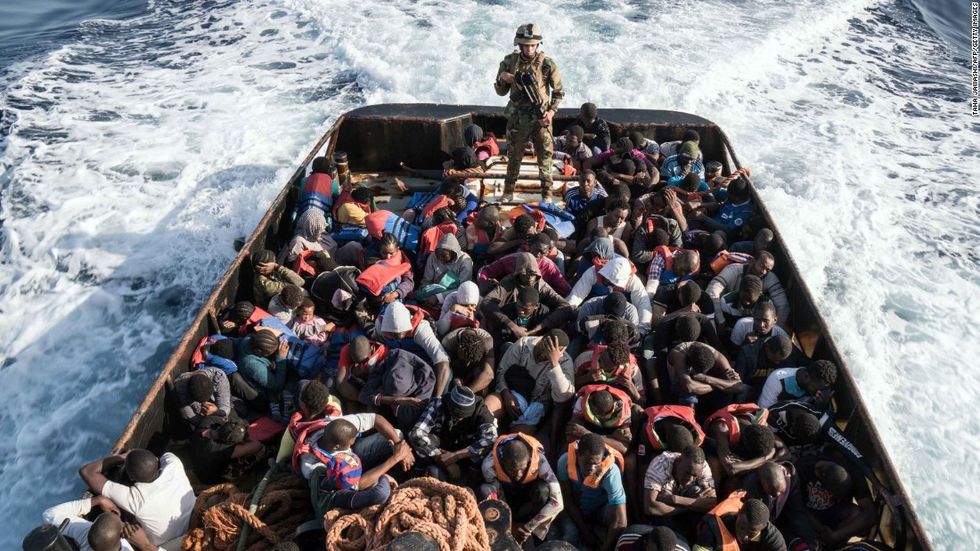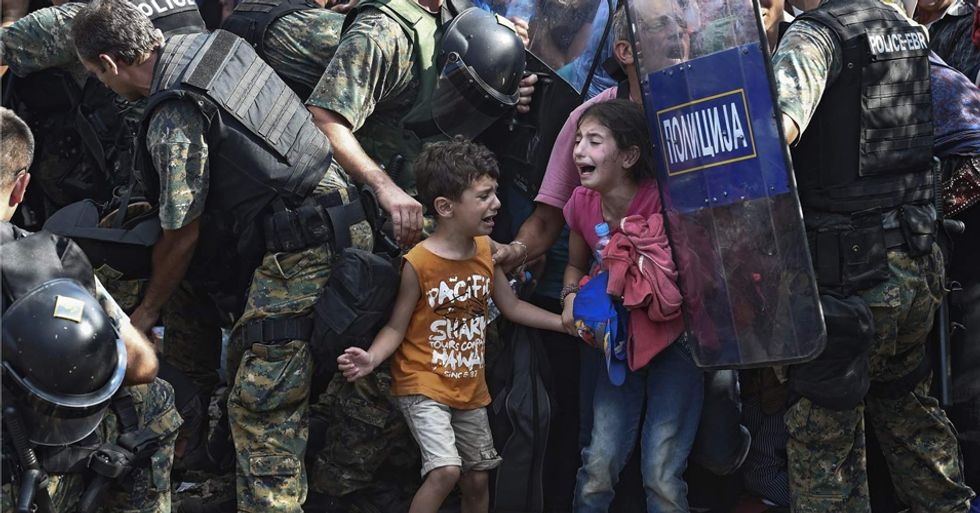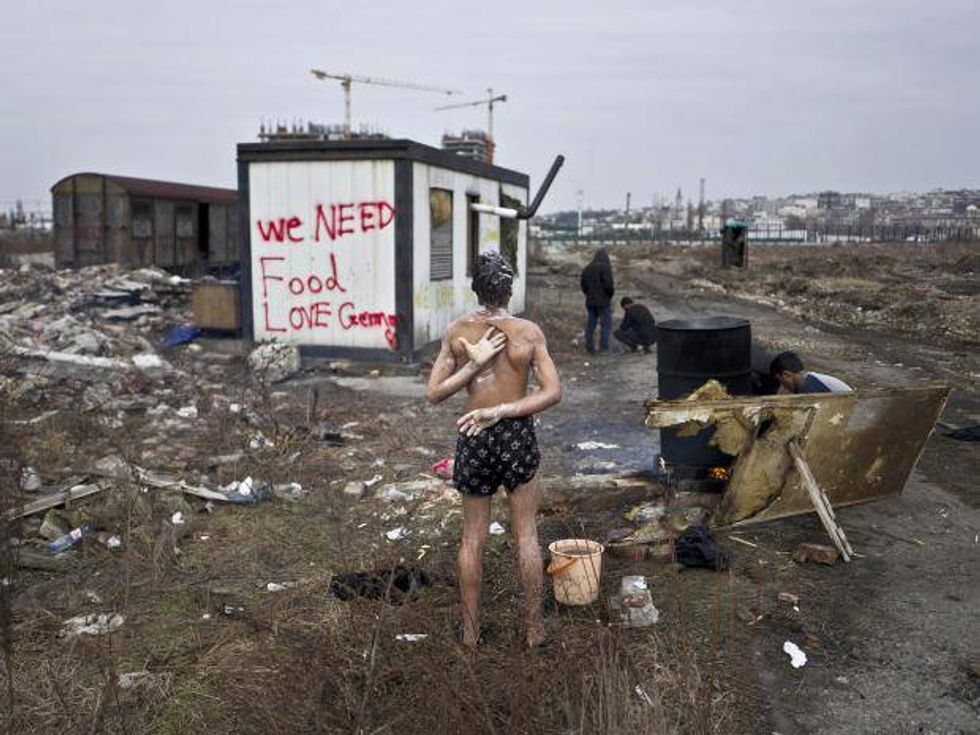In September 2015, when the body of three-year old Alan Kurdi washed up on a Turkish beach, we were outraged. But now, such occurrences happen daily and there is no media frenzy. Just because we, as Americans, might not be as directly “affected” as individuals in other European countries does not mean the refuge crisis should become normalized. It’s our job, as citizens of the world, to educate ourselves on what is happening around us.
Since 2015, refugees have continued to flee from areas like Syria, Afghanistan, Iraq and Somalia. In 2015 alone, there was a record 1.3 million migrants applying for asylum in Europe, a number that only represents a fraction of those who have been displaced. Uprooted from their homes, men, women and children risk death in their journey to find safe refuge. Most have no other choice. Their cities and towns have been fractured (both physically and socially) by war, poverty and unrest. Many are so desperate, they attempt to travel to other countries by boat, paying smugglers thousands of dollars to carry them by night to the European mainlands. These dinghies are over-crowded, dangerous and leaky. With the trip comes no guarantee of survival or promise of acceptance by European officials once they arrive on shore.
I believe one of the biggest implications of ignorance is the conceived acceptance of wrong-doing.
The migrant crisis is doused in corruption. Smugglers have significant control over people wanting to leave in search of a better life. Those who can’t meet the price-tag of escape can be subjected to human trafficking, torture or death. Police have uncovered transnational rings of organ smuggling. And, oftentimes, we’re discovering that the officials we put in charge of keeping refugees safe haven’t worked to maintain human rights standards, either.
Oxfam, a global organization working to end poverty, released a report that migrants in the custody of various authorities in Hungary, Croatia, Serbia and Bulgaria have experienced shocking torture and brutality at the hands of officials in their attempt to obtain asylum. After interviewing 140 migrants, researchers found a disturbing pattern of violent “push-backs” against the influx of refugees. Ruth Tanner, the advocacy advisor for Oxfam, says that, “The brutal illegal actions of law-enforcement officials create a climate of fear among refugees and other migrants. This pushes many to rely on smugglers to continue their journey to other places in Europe, which is very dangerous as it leaves already vulnerable people exposed to the criminal underbelly of trafficking and violence.”
Awareness won’t stop these abuses from happening and that’s the ugly truth. Although this is such a complicated and complex issue, the neglect and exploitation refugees experience must be kept in the public eye. Looking at the data we have, it is unlikely the refugee crisis in Europe will cease. As of this January, arrivals in Spain have grown by 20% since 2017 and have doubled in Italy over the course of a month. Experts expect the numbers to skyrocket once weather conditions improve. This means countries need to come up with solutions that aren’t temporary and invest in programs that will make lasting, positive change in transitioning migrants from displacement to consolidation. And, through our awareness of these issues, combined with the determination of journalists to uncover the truth, we can hold those at fault accountable.
Without awareness, we are only passive. Without awareness, nothing will change.












































